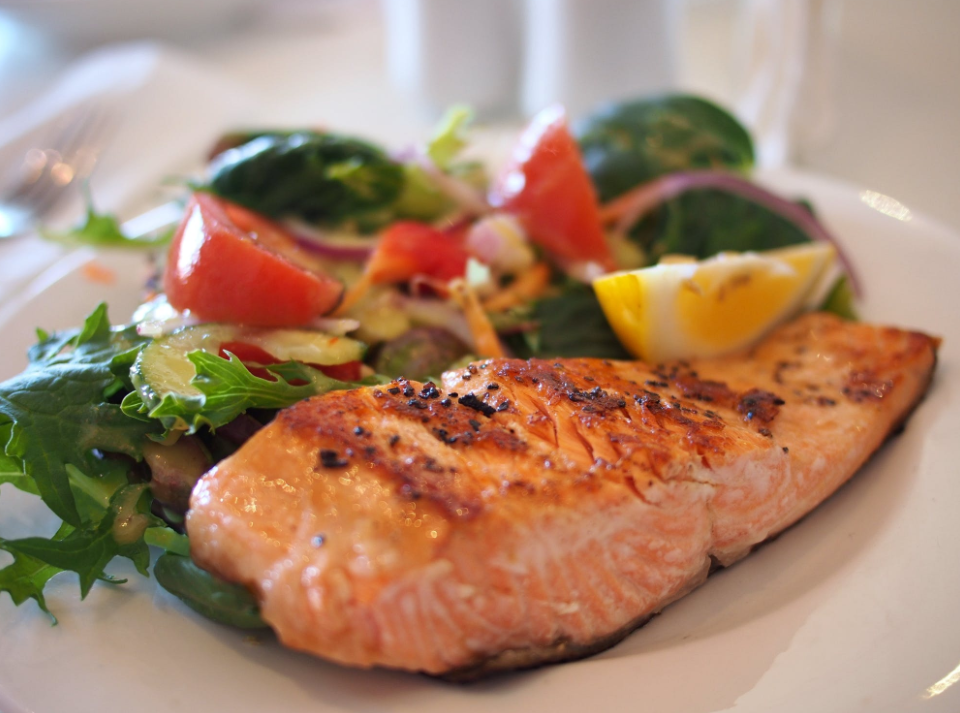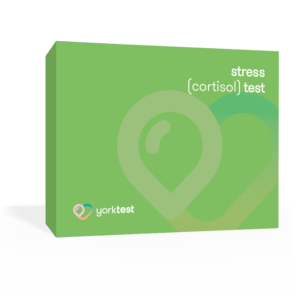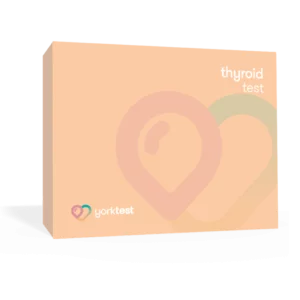What are the signs of inflammation?
Increasing numbers of nutritional experts are praising the incredible effects of an anti-inflammatory diet on long term health. In fact, it’s never been more apparent how powerful overall gut health can be in terms of how we function day-to-day. Gut health also affects how we feel, with our digestive systems responsible for producing a portion of our serotonin – the neurotransmitter which not only helps us feel happier, but also plays a part in mood, quality of sleep, temperature regulation, and more.
Poor gut health then should be avoided, not least because it may lead to chronic inflammation. Long term, chronic inflammation may increase the risk of certain conditions, such as diabetes, obesity, or even heart disease. Signs of inflammation could include constant fatigue, anxiety, and digestive issues like abdominal pain.
What triggers inflammation?
There are many lifestyle attributes that can trigger inflammation – stress, lack of exercise, and diet.
Problems in the gut may occur when foods that cause inflammation are regularly consumed. Regularly feasting on irritants like fried foods, refined sugar, and fizzy drinks could aggravate your immune system and may lead to your body working overtime to compensate.
Even those eating an anti-inflammatory diet may unknowingly be increasing their risk of inflammation by eating seemingly harmless foods that they are intolerant to, their bodies then wrongly identifying the food’s proteins as a threat. It’s important to listen to your body and cater your diet to your personal needs in order to avoid inflammation.
What is the fastest way to get rid of inflammation in the body?
While inflammation can be measured by monitoring levels of C-reactive protein, the easiest way to alleviate symptoms and improve gut health is by eating an anti-inflammatory diet packed with natural anti-inflammatory foods and anti-inflammatory herbs.
Inflammation could be reduced by following an approach of eating an anti-inflammatory diet, exercising regularly, minimising stress, and taking supplements that work to fight inflammation such as probiotics and fish oil.
A Mediterranean diet is often recommended by nutritionists due to the fact it is nutritionally dense and balanced, consisting of lots of whole grains, fish, and healthy fats.
Another method of eliminating inflammation is by cutting out foods that you’re intolerant to. If you’re unsure of what these may be, find out more about intolerance tests on our website.
What foods are bad for inflammation?
Foods high in saturated fats should be avoided – these include dairy products, red meat, and many unhealthy snack foods. Eliminate corn, sunflower, and other oils and margarines that are overly processed; favour instead natural anti inflammatory foods, such as olive oil.
Sugar, artificial sweeteners and certain grains are also foods that may cause inflammation. Nutritionists advise the easiest way to eliminate foods that cause inflammation is to remove anything processed from your diet. It’s important to identify your trigger foods and everyone has a unique food fingerprint.
What is the most effective natural anti-inflammatory?
Here are some natural anti-inflammatory foods and anti-inflammatory herbs that are worth knowing:
Ashwaganda
Alongside food intolerances and eating inflammatory foods, stress can be a huge factor when it comes to inflammation. The ancient anti-inflammatory herb Ashwaganda, used in Chinese and Ayurvedic medicine, has been found to help reduce the negative effects of stress, increase the body’s ability to reduce cortisol levels, and lessen chronic inflammation.
Ginger
Ginger is known to reduce nausea and vomiting, but it also serves another holistic purpose. High in gingerol, it is a strong anti-inflammatory. Add ginger to your food as an anti-inflammatory herb, or drink ginger tea to aid your anti-inflammatory diet.
Blueberries
Blueberries garner their status as a superfood from their incredibly high levels of phytoflavinoids, antioxidants, and vitamin C – a powerful combination that may help combat stress in the body.
Broccoli
Research shows that the antioxidants within broccoli work powerfully against inflammation in the body. This natural anti-inflammatory food is also rich with minerals, vitamins, and fibre, making it a nutritious addition to any meal – especially for vegetarians or vegans looking for alternative protein sources.
Cinnamon
High in taste, cinnamon originates from trees that grow bountifully in Asia. The sweet spice is antimicrobial, as well as potent in its anti-inflammatory capabilities. Looking to lower your stress levels too? Cinnamon can be added to hot porridge or tea for a relaxing food experience.
Olive oil
Perhaps the strongest of all-natural anti-inflammatory foods on this list, olive oil is great for your heart and for your gut. Antioxidants and oleocanthal are what make it such a beneficial food for an anti-inflammatory diet, with oleocanthal’s effects having been likened to that of ibuprofen but in natural form.
Spinach
When it comes to natural anti-inflammatory foods, leafy greens are perhaps the best known. Spinach itself is an incredibly versatile vegetable – able to be consumed in smoothies, in salads, or on the side of any meal – containing high levels of water-soluble vitamins and minerals, phytonutrients, and flavonoids, omega-3s and carotenoids The nutritional and anti-inflammatory benefits of spinach are hard to beat.
Salmon
Omega-3 fatty acids may help ease symptoms of inflammatory diseases, such as pain and stiffness, may help reduce inflammation and could also prevent its onset. Salmon is renowned by experts as the best food source when it comes to incorporating omega-3s into your life, and is a great place to start with your anti inflammatory diet.
Turmeric
Curcumin, found in turmeric, is thought to be a powerful anti-inflammatory and antioxidant. Supplements will often carry more curcumin than turmeric in its ground form, but the bright yellow spice can be easily added to everything, from regular cooking to turmeric lattes, making it an adaptive and flavourful natural anti-inflammatory food.
Avocado’s
Avocado’s are rich in Potassium, Copper, Vitamin B6, Vitamin C and more. A great source of healthy fats which reduce the body’s inflammatory response, researchers have been recently speculating about the anti-inflammatory benefits of another part of avocado’s – its seed, which carries high levels of polyphenols.













